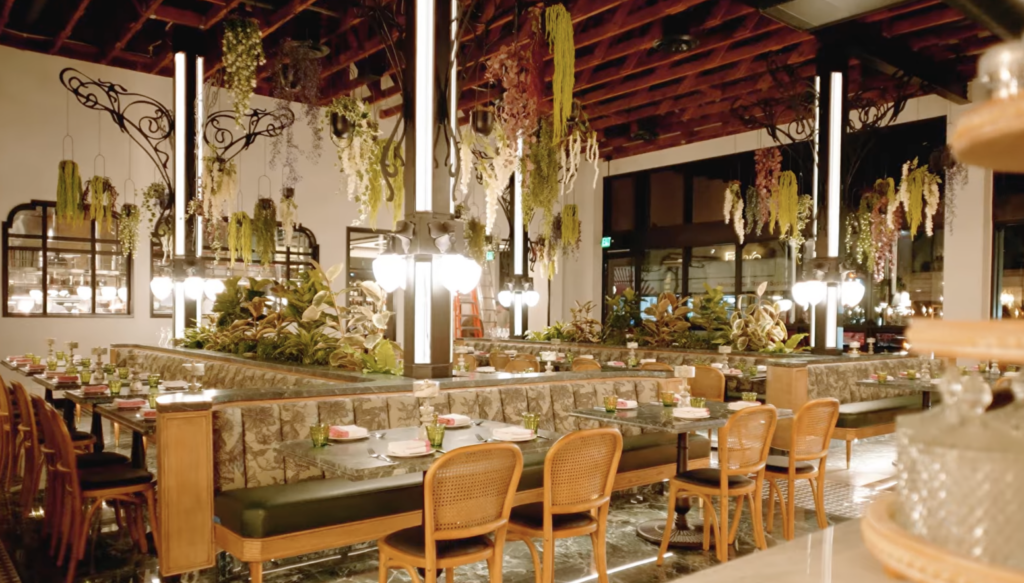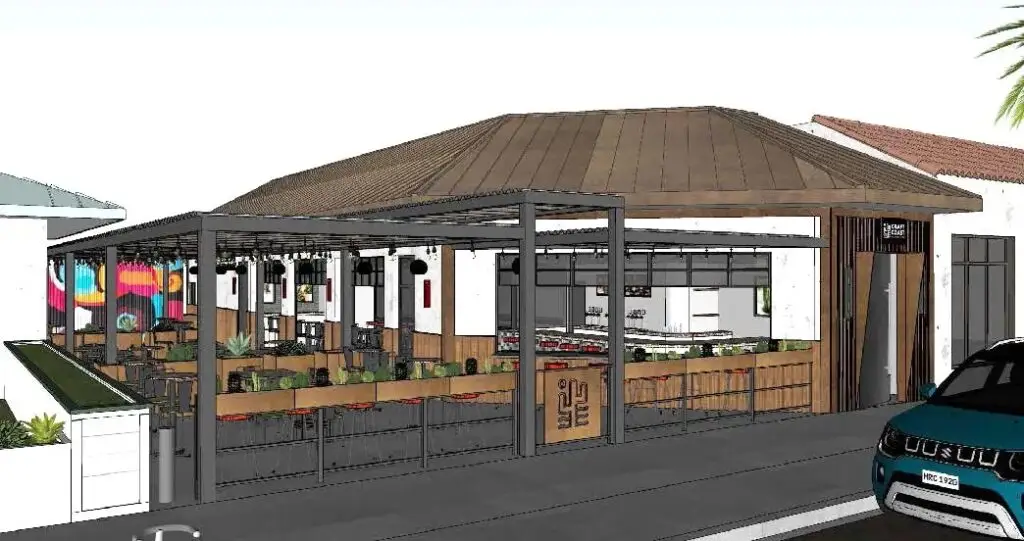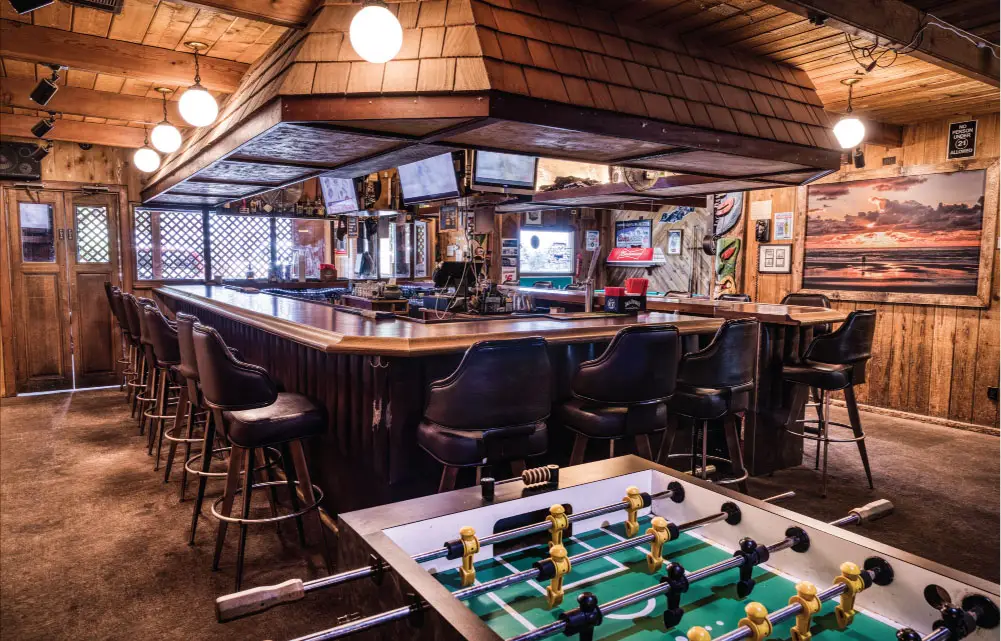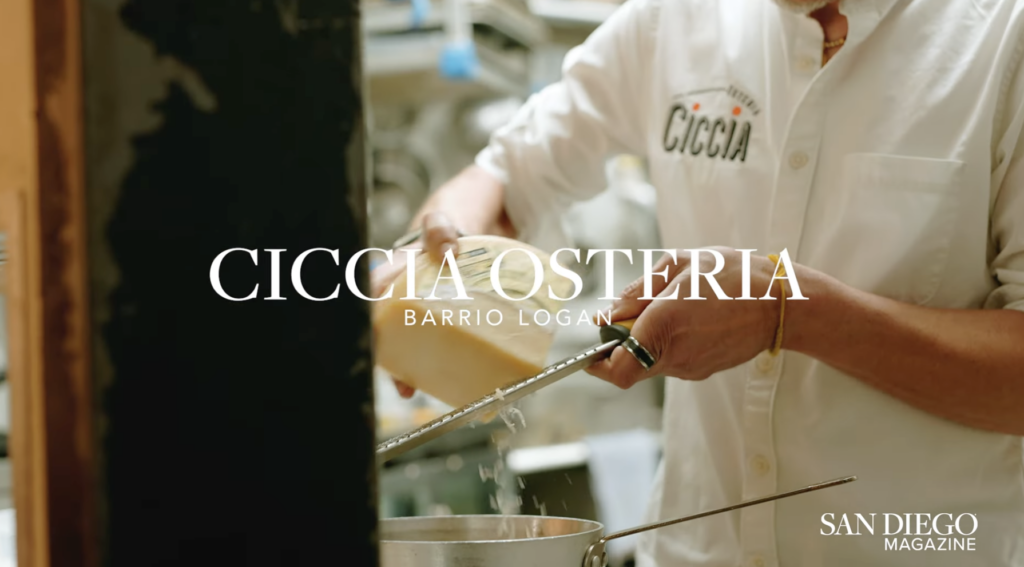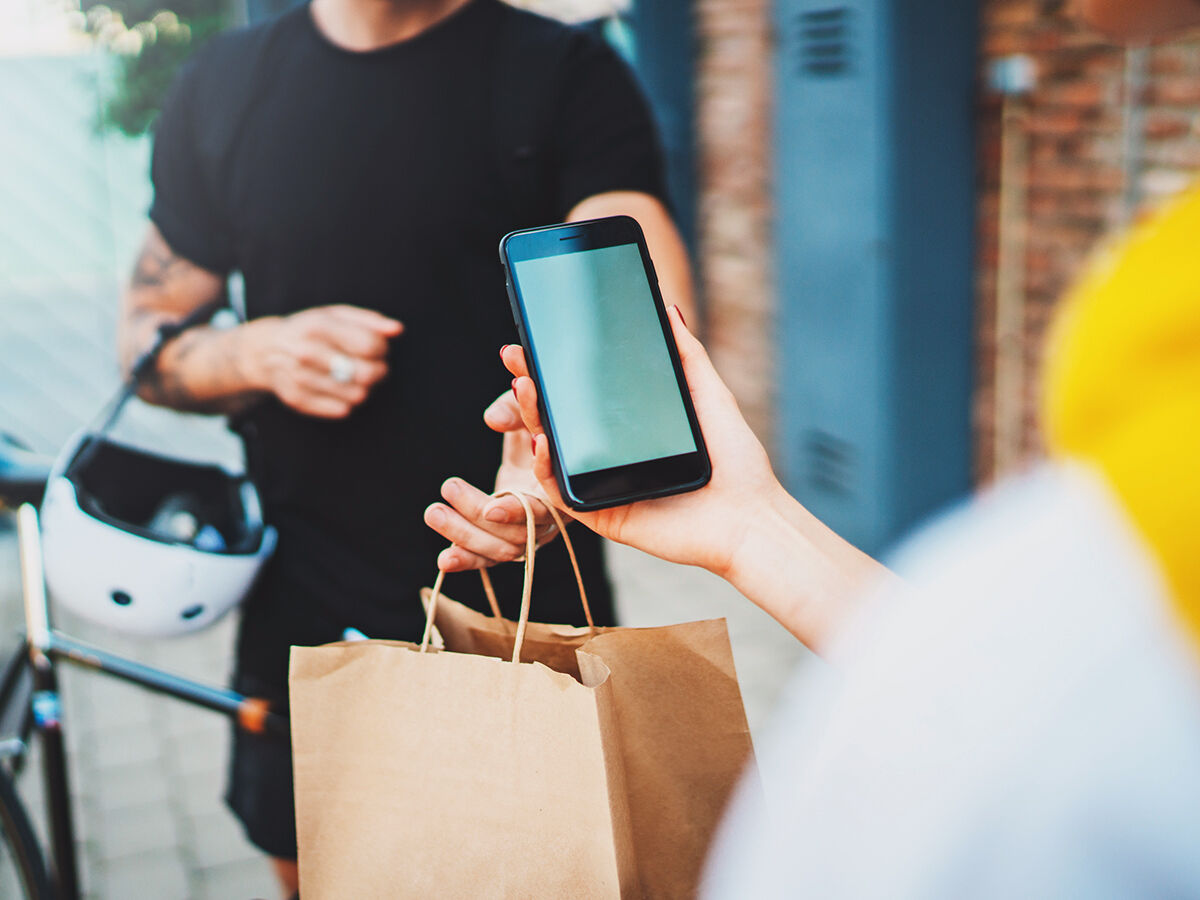One of two remaining candidates—Todd Gloria or Barbara Bry—will be named mayor of San Diego after the runoff election on November 3. For this series, I asked restaurants of all shapes and sizes to send me their most burning questions for their city’s next leader, and passed them along. What follows is the background context for the questions, followed by their answers.
You could cook yet another meal at home, and tackle Dish Mountain. But you love restaurant culture—those charming homes away from your home, with the fancy Brussels sprouts and employed neighbors and arty plateware. You know how hard they’ve been hit. And so, trying to do good, you pick up your phone to order from one of your favorites. You are faced with two choices:
If you chose A, welcome to the confounding logic of 2020—despite pure intentions, you most likely just took 25–30 percent of the money out of your favorite restaurant’s pocket and gave it to a middleman that has never been, let’s say, good friends to the industry. In my recorded interviews with restaurant owners since the pandemic began, restaurants repeatedly implore: Please don’t use a third-party delivery app. Please order directly from us—always, but especially now.
If you go directly through the restaurant on a $50 order, you put an additional $12–$15 directly into the pocket of that local restaurant.
Before the pandemic hit, restaurants largely viewed third-party delivery apps as costly middlemen who contributed just enough to tolerate. In an industry with notoriously minuscule profit margins (3–5 percent, on average) owners were willing to pay-to-play as long as orders kept coming in. Plus, it wasn’t a majority of their business—just a little extra gravy and marketing. The couple sitting at the bar ordering drinks were the ones paying the rent.
The pandemic changed all that. Takeout and delivery became a much larger part of the business model. In cities like San Diego, where indoor dining has been forced to close for weeks at a time, it was the entire business model during those stretches. According to the New York Times, spending at restaurants in late May was down 35 percent from last year, while delivery service revenue was up 140 percent.
As restaurants faced their personal apocalypse, laying off millions of employees (by May, two-thirds of employees were laid off, according to the National Restaurant Association), the third-party apps refused to help by reducing their fees. By April and May, a few of them made efforts to lower fees and offer discounts and digital marketing support. But industry sentiment seems to be: This is a pretty frail olive branch, and we needed it months ago.
So what to do? Why don’t restaurants set up their own delivery fleet or delivery app? That’s a big, costly organizational challenge, especially as restaurants are reinventing their business model with each new regulation and shutdown. They could opt out of third-party apps, which some have done—but during the pandemic, many restaurants are forced to rely on those orders for survival. They’d rather get pennies than nothing at all.
Or do you let the market figure itself out? Services like Toast, Tock, and ChowNow are attempting to expand, and have been touted as having more restaurant-friendly pricing.
Some city governments stepped in to help restaurants. Seattle, Washington, DC, Portland, New Jersey, New York, LA—they all passed temporary caps on the fees that third-party delivery apps can charge restaurants during the pandemic. When I reached out to local restaurants, many wanted to know if our next mayor would support the same sort of regulation.
So I asked the candidates. Here are their answers:
PARTNER CONTENT
BARBARA BRY
“I think this is an opportunity for the restaurant industry to get together and do their own thing, and I’ve been told there is an enterprising entrepreneur out there who wants to create a San Diego–based delivery system that would charge a much lower commission. I think this is a great opportunity that the market can address for the long term, not just now during COVID. Why do these delivery services charge so much, and all about the same? Is there price fixing in this industry? I don’t know. But I’d love to see some more options come forward, and perhaps from somebody locally. As mayor, I would use my bully pulpit, which can sometimes be very effective, to ask the delivery companies to lower their fees for a 90-day period. I would make a big deal of it, and maybe some would come on board.”
TODD GLORIA
“I believe that would require city council action, but I would support exploring that. Not necessarily because we would end up doing it, but in order to provide some leverage to restaurants that need to push back. To be honest, I didn’t realize how big these [fees] were until I started using them all the time because of the pandemic. You better believe I’ve been driving personally to get my food from my favorite restaurants, because that is ridiculous. I’m trying to increase my participation in takeout orders in order to help some of these businesses that I count on all the time to survive. To know that their bottom lines are being wiped out by these third-party delivery apps, which they probably feel like they have no choice [to use] in this environment… They’re just trying to keep their doors open. In a perfect world, this would sort itself out, and you know restaurants would unite and push back against this or maybe come up with their own thing. But I think the city needs to be partners with restaurants, and that partnership would extend to say, ‘We’re going to take on some of these really big companies together.’ Maybe these companies as a result would say, ‘You know what, you’re right—we don’t want that kind of regulation. We want some flexibility; we can come up with something that would be more feasible and more fair.’ Again, it goes to my bottom line: If you’re a mayor of a major American city, your responsibility is to build a great city. And you can’t do that without restaurants, without vibrant small business. And to the extent that some of these folks are charging these outrageous rates, it’s incredible. I think the vast majority of the public doesn’t know. We need to get this word out and do what I’ve been trying to do—order directly, go pick it up personally. If anything, it’s kind of cool to see some of the restaurateurs that I know and love and see them in person.”
